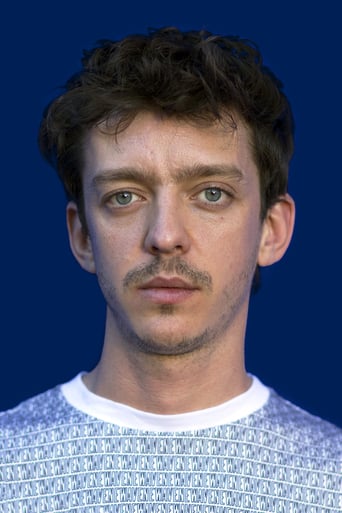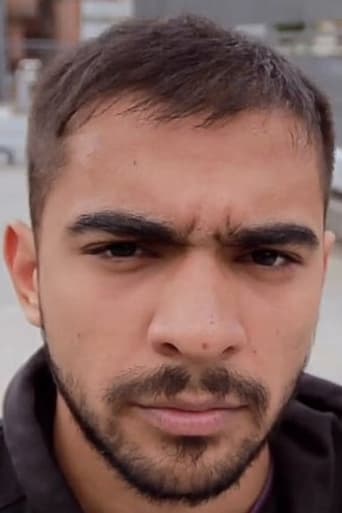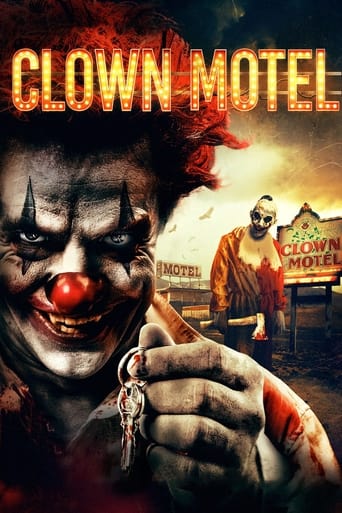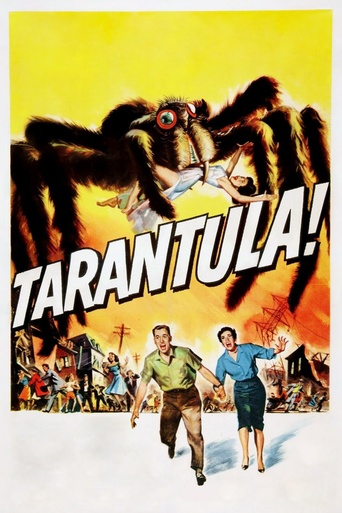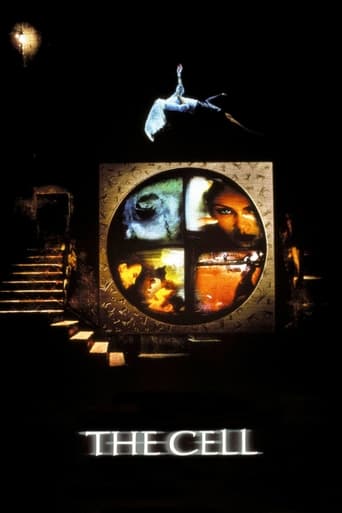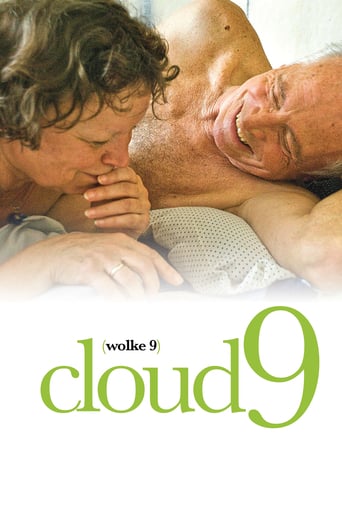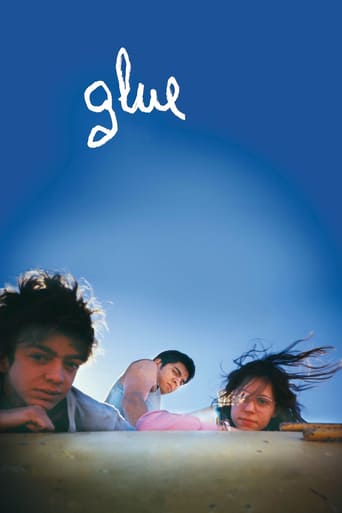
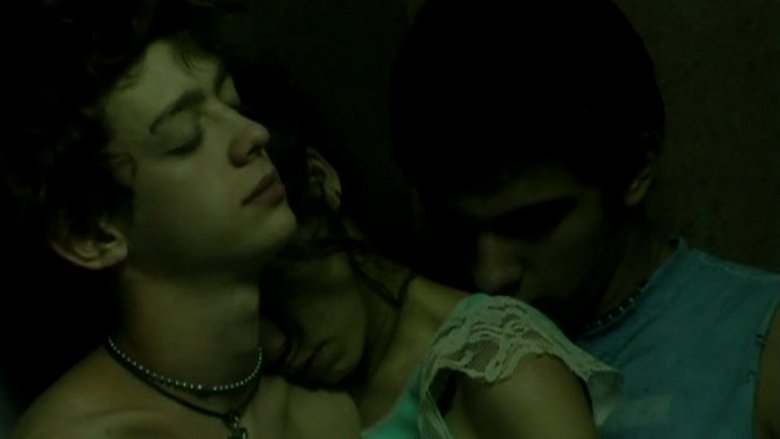
Glue (2006)
A teenage summer in a small town in the desert, a dysfunctional family, a rock band, a can full of glue, two boys, one girl, loads of tongue kisses, dry heat, wind in Patagonia, existential angst... A teenage story in the middle of nowhere.
Watch Trailer
Cast
Similar titles
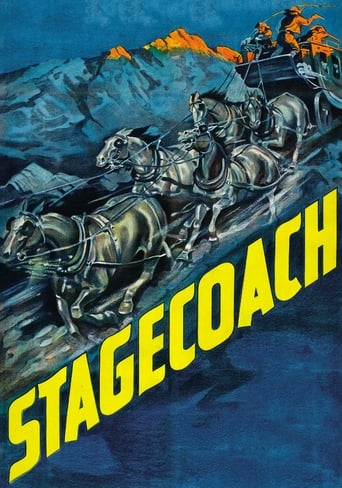
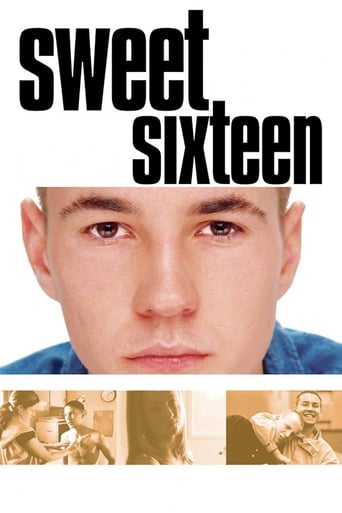
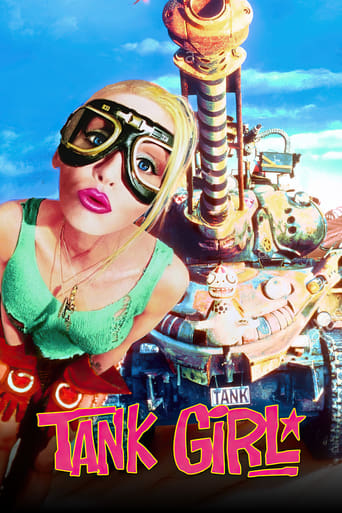
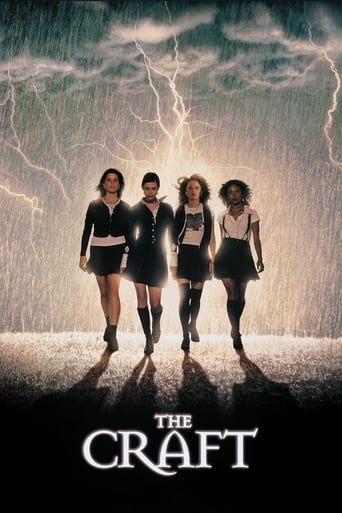
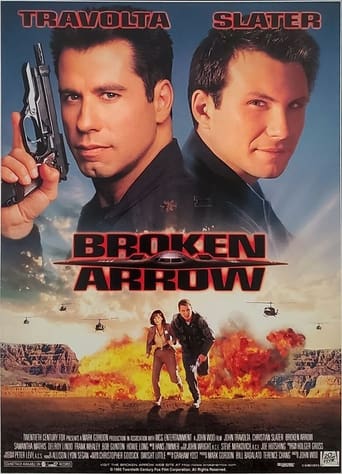
Reviews
Redundant and unnecessary.
Fantastic!
It is not deep, but it is fun to watch. It does have a bit more of an edge to it than other similar films.
By the time the dramatic fireworks start popping off, each one feels earned.
Although not specifically stated, the film is set in Neuquen, Argentina's "outback" in what is most likely the 1980s (judging from the music) or possibly the 90s. So, no cell-phones, web-cams or any of the modern amenities one would have expected of kids today. Instead, we see a very raw, realistic look at bored, awkward kids in what appear to be their early teens. I have to be honest that I will watch almost any story about Argentina. However, given the tendency towards shock-value in most modern films, I wasn't surprised by the constant, unfortunate references to masturbation (yes...we get it...teens do that. But why the constant need to emphasize it? Nothing new there). For me, the redeeming side was the interaction between the three protagonists...that is, when they weren't groping each other. In fact, I was honestly put off by the blatant exploitation of the female protagonist's body, and had to check to see how old she was at the time it was made (apparently 20, but still...I found it unsettling as they made her look WAY too young). I can say this film kept my interest, but then again, as I said previously, I'll watch almost anything that comes from Argentina.
Alexis Dos Santos' Glue is an unpredictable film: surprising twists at the end would have been utterly unnecessary. This is not a story that needs to be resolved. It finds resolution in its own wandering narrative lines that intercross with each other and sometimes build up into new plots and sometimes just vanish into the seemingly vague introspective monologue of the main characters.Alexis Dos Santos creates a very interesting protagonist. A young boy that cannot yet define what it is he wants. A boy that can stare at the abyss without worrying about the abyss staring back at him (and in that sense, just like with Nietzsche's phrase, there is a full reaffirmation of life without going through the usual passages or topics). Lucas is a boy that notices with a strange fascination the hair protruding out of his best friend's armpit and wonders what the other boy might think of when indulging in solitary sexual stimulation.Michel Foucault's affirms that fantasizing must be taken into account if one intends to understand masturbation; in Foucault's terms, masturbation is impossible without the subject's fantasy; and it's because of this fantasy more than the act itself that people in the Victorian age tried, by any means possible, to eradicate onanism. Nonetheless, the viewer cannot be privy to Lucas' fantasies when he engages into such activities. Is it then the fantasy that works as the Aristotelian primus motor that leads Lucas acts? And if so, what is Lucas constantly fantasizing about? Lucas also thinks about what it means to be a man, and why is it that a man must act according to some unwritten and yet fully endorsed social law. Andrea, a friend of his, also asks herself why it is that some activities are considered masculine while others aren't, she questions gender differences and sees how arbitrary they can be. Destabilizing Lacan's masculine and feminine positions, both characters undermine the core of it all: the name of the father. It's the name of the father, or nom de père, that inscribes a subject into the symbolic order and inserts him into either the masculine or the feminine position. It's no surprise, then, to see that Lucas at first tries to eliminate his father from his life (a father who is already an absent figure, a situation that occurs with the rest of the characters as well).Can Lucas and his best friend Nacho continue to be friends despite Lucas hidden desire? It would seem like it as long as the friendship is structured upon an overtly heterosexual dynamic. This dynamic will be interrupted one night in which some boundaries are crossed and as a result Nacho feels guilty and decides to leave Lucas alone.As soon as the father reinserts himself into Lucas life, the nom de père settles in. Lucas discovers inadvertently that it is not his mission to undermine the structures but to take advantage of them. And conquering Andrea's affections he also regains Nacho's interest. Then only through Andrea's body will Lucas be able to enjoy Nacho's body. When this most peculiar ménage a troi is carried out masturbation is no longer necessary, but even with the other body Lucas is still forced to sustain the fantasy that has led him from the very beginning.
If the point of the movie was suburban teenagers bored to distraction, then it achieved its purpose quite well. The problem with this is it also bores the viewer to distraction. Telling a story cinematically doesn't achieve its end with visual gimmicks alone like cross processed film and home movie additions without backing the story up with dialog that the viewer (those over 15 years of age) can relate to. This type of adolescent story has been done over and over again and for me, this film doesn't achieve anywhere near the rating this site has given it.The story itself seems to meander at its own pace using the absence of dialog to set the mood. In a sense, this seems to be in step with the emotional life of teenagers where dialog is at a minimum and the expression of emotion is not fully formed. This was a realistic way of portraying the subjects and the kids did a good job of bringing this off.
I saw this film as it premiered at the Rotterdam Festival. It is a beautifully judged rendering of a teenager's dysfunctional life at home and sexual experimentation with friends. Every scene is perfectly pitched and rife with playful directorial invention such as the main character's (Lucas?) idle toying with the 'monkey with banana' toy in the girl's bedroom and the 'open/closed' game and his mother's English lesson earlier - there are many examples. The direction of the subject matter is fresh, sensitive, mature and never contrived, indulgent or heavy handed. The camera work is some of the best DV work I've ever seen, artful, free, fluid and instinctive.Most impressive is how every role is perfectly cast, particularly the teenagers (although I may have had initial reservations about the father, I was sufficiently convinced by the end). The central character is realised by a soulful performance from the beautiful quirky looking actor. He has the most subtly expressive face, at once mischievous and vulnerable.It is a fine fearless debut brimming with talent, good taste and a big beating heart that transcends it's meagre budget.
